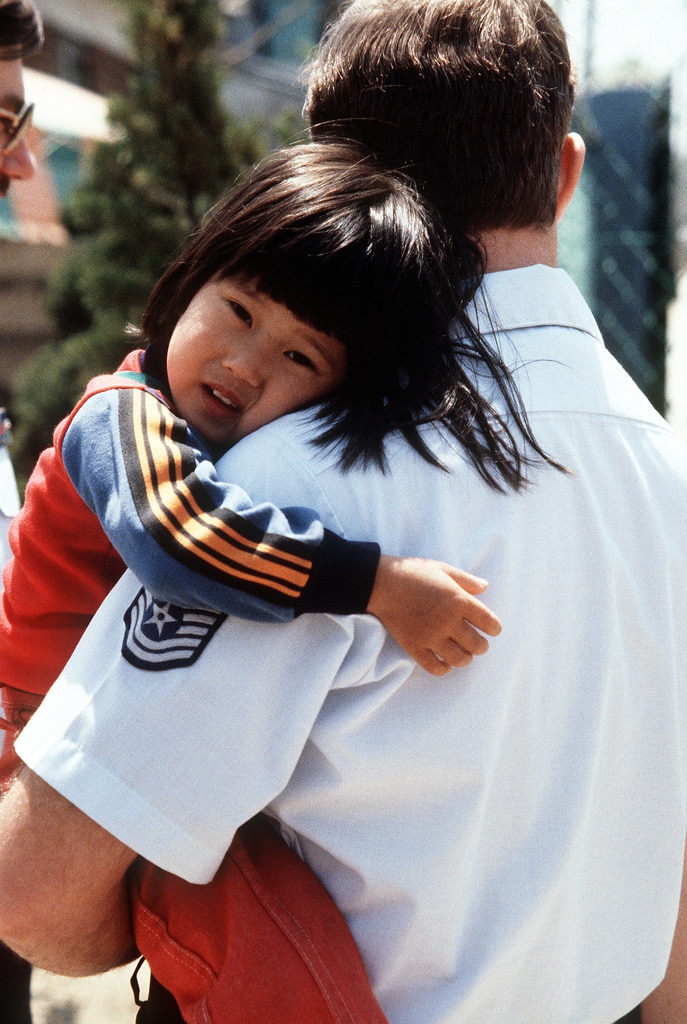Posted inQuestion about South Korea
Why is hugging a big deal in Korea?
Korean culture places high emphasis on respect for elders, family values, and social hierarchy, which can affect how people feel about hugging. Confucianism has been a major influence on Korean culture for centuries, emphasizing the importance of social harmony and order. Physical touch has not always been an accepted form of communication in Korea, and personal space is valued. However, as Korea becomes more globalized and influenced by Western culture, attitudes towards physical touch are slowly changing. Despite the challenges associated with hugging in Korea, there are many benefits to physical touch, including reducing stress, improving mood, and strengthening social bonds. Hugging can also be a way to bridge cultural differences and build understanding between people from different backgrounds.
